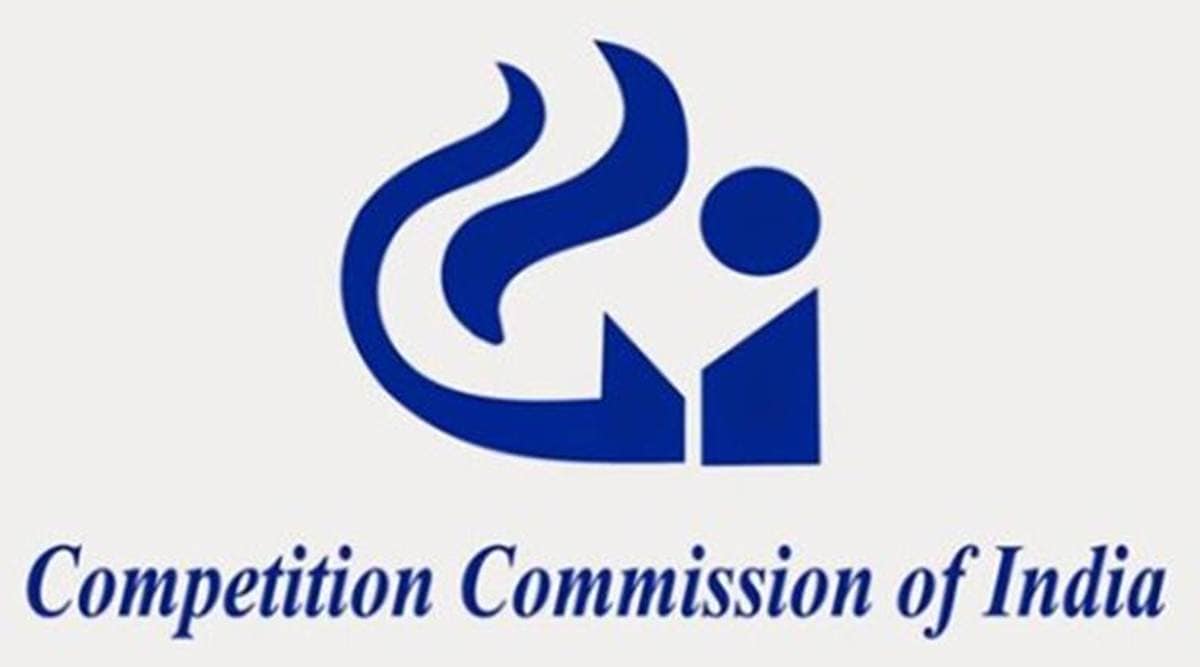Context
-
In what is turning out to be a bad month for Google, the Competition Commission of India (CCI) imposed a huge penalty on the company for “abusing its dominant market position with respect to its Play Store policies”.
What is CCI or the Competition Commission of India and what is its role?
- The Competition Commission of India (within the Ministry of Corporate Affairs) has been established to enforce the competition law under the Competition Act, 2002.

- It should be noted that on the recommendations of Raghavan committee, the Monopolies and Restrictive Trade Practices Act, 1969 (MRTP Act) was repealed and replaced by the Competition Act, 2002.
- The commission was established on 14 October 2003.
- The Commission consists of a Chairperson and not more than 6 Members appointed by the Central Government.
- It is the statutory duty of the Commission to eliminate practices having an adverse effect on competition, promote and sustain competition, protect the interests of consumers and ensure freedom of trade carried on by other participants, in markets in India as provided in the Preamble as well as Section 18 of the Act.
- The Commission is also mandated to give its opinion on competition issues to government or statutory authority and to undertake competition advocacy for creating awareness of competition law.
- Advocacy is at the core of effective competition regulation. Competition Commission of India (CCI), which has been entrusted with implementation of law, has always believed in complementing robust enforcement with facilitative advocacy.
- It is a quasi-judicial body.
- CCI also approves combination under the act so that two merging entities do not overtake the market.
What is the vision and mission of CCI?
- VISION —To promote and sustain an enabling competition culture through engagement and enforcement that would inspire businesses to be fair, competitive and innovative; enhance consumer welfare; and support economic growth.
- MISSION— Competition Commission of India aims to establish a robust competitive environment through:
- Proactive engagement with all stakeholders, including consumers, industry, government and international jurisdictions.
- Being a knowledge-intensive organization with high competence level.
- Professionalism, transparency, resolve and wisdom in enforcement.
What is the major challenge ahead for the Competition Commission of India in the digital era?
- CCI needs to revisit its definition of ‘relevant market’. In the age of digital world, defining relevant market has been a tough task for regulators world-wide.
- Technological developments like Web 3.0, AI, IoT, Blockchain and issues like data protection and privacy, search bias, platform neutrality, confidentiality, etc, have created a need for a robust competition law.
- Such a law should meet the demands of the technological era we live in.
Cartels
- Cartels can be difficult to define.
- According to CCI, a “Cartel includes an association of producers, sellers, distributors, traders or service providers who, by agreement amongst themselves, limit, control or attempt to control the production, distribution, sale or price of, or, trade in goods or provision of services”.
Antitrust
- The Competition Act, 2002 (as amended) follows the philosophy of modern competition laws and aims at fostering competition and at protecting Indian markets against anti-competitive practices by enterprises.
- The Act prohibits anti-competitive agreements, and abuse of dominant position by enterprises, and regulates combinations (mergers, amalgamations and acquisitions) with a view to ensure that there is no adverse effect on competition in India.
- The Act prohibits any agreement which causes, or is likely to cause, an appreciable adverse effect on competition in markets in India.
- Any such agreement is void.
- An agreement may be horizontal i.e. between enterprises, persons, associations, etc. engaged in identical or similar trade of goods or provision of services, or it may be vertical i.e. amongst enterprises or persons at different stages or levels of the production chain in different markets.
Reference:
Visit Abhiyan PEDIA (One of the Most Followed / Recommended) for UPSC Revisions: Click Here
IAS Abhiyan is now on Telegram: Click on the Below link to Join our Channels to stay Updated
IAS Abhiyan Official: Click Here to Join
For UPSC Mains Value Edition (Facts, Quotes, Best Practices, Case Studies): Click Here to Join
